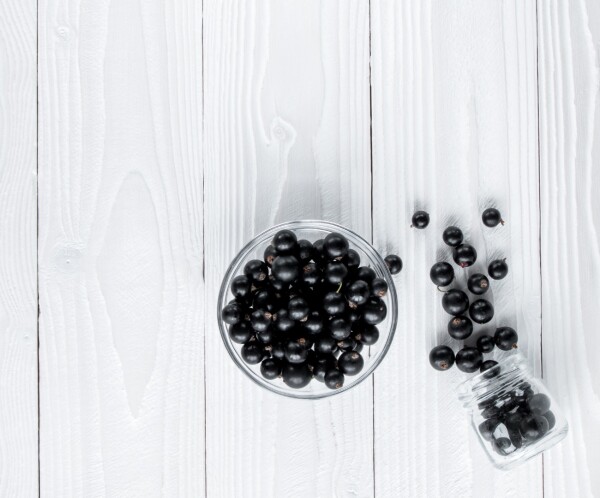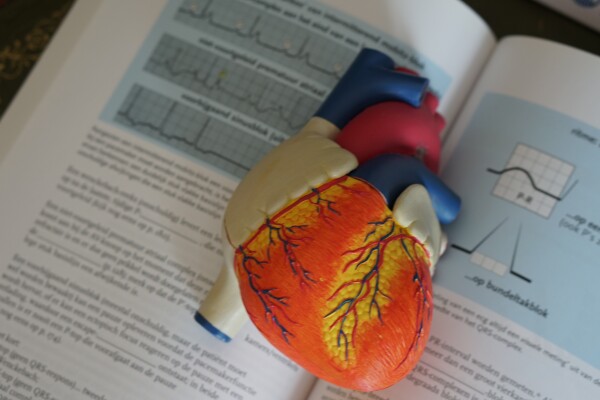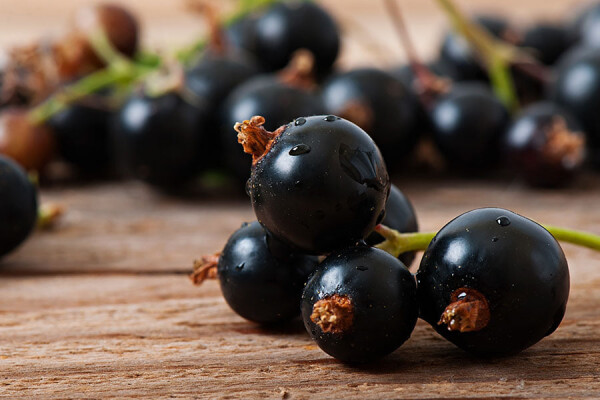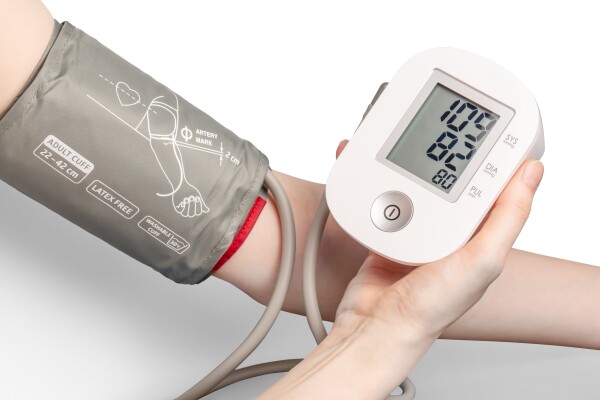When it comes to promoting heart health, incorporating nutrient-rich foods into your diet can make a significant, often overlooked difference.
Our humble blackcurrant is one such remarkable berry that stands out for its heart-protective properties.
In fact, blackcurrants came out on top of all other berries as cardio-protective against oxidative stress. Oxidative stress in the heart muscle can lead to various heart issues. That’s quite a title! (1).
Packed with essential vitamins, antioxidants, and unique compounds, blackcurrants offer a range of benefits that support cardiovascular well-being.

Abundant in Heart-Friendly Antioxidants:
Blackcurrants are bursting with antioxidants, which play a crucial role in protecting our hearts.
These antioxidants, which include anthocyanins and vitamin C, help to reduce harmful free radicals and oxidative stress in the body. By neutralizing free radicals, blackcurrants help to prevent cell damage and inflammation within the cardiovascular system.

Vitamin C also helps the cardiovascular system in it’s own unique way; it supports the formation of nitric oxide, a molecule that helps relax and dilate blood vessels, improving blood flow and reducing blood pressure. It also helps maintain the integrity and strength of blood vessels by promoting collagen synthesis, and it may improve endothelial function, which is crucial for maintaining healthy blood vessels.
This makes for a healthier, stronger heart.
At the core of a strong heart is its ability to pump blood efficiently; blood pressure plays a huge role in your heart's ability to pump.
Improved Blood Circulation and Blood Pressure Regulation:
Thanks to their high levels of anthocyanins (a specific kind of antioxidant), blackcurrants can promote healthy blood circulation and help regulate blood pressure. Studies have shown that anthocyanins have vasodilatory effects, meaning they help relax and widen blood vessels, allowing for smoother blood flow (2).
This effect may contribute to maintaining optimal blood pressure levels. You can imagine the effect of reduced pressure levels as a hose pipe. High blood pressure leads to heart issues because it’s like clamping a hose pipe closed; your heart struggles to pump against that pressure. Lower blood pressure means the clamp is released and your heart is free to pump!

Omega-fatty acids have also been shown to contribute to reduced blood pressure - something blackcurrants are bursting with! You can also get omega-fatty acids from fish, nuts, and seeds (3).
But blood pressure isn’t the only thing that contributes the pumping action of your heart. Your heart is actually electric, and depends on a rhythmic supply of electricity to function.
Support for Heart Rhythm and Electrical Activity:
Maintaining a healthy heart rhythm is vital for overall cardiovascular function.
Blackcurrants contain a notable amount of potassium, which is a mineral that contributes to the regulation of electrical impulses. These electrical impulses create the contracting movement of the heart. Adequate potassium intake from sources like blackcurrants can help support a normal heartbeat and proper heart function overtime.
Anti-Inflammatory Effects for Cardiovascular Health:
Chronic inflammation within the body is linked to an increased risk of heart disease. The anthocyanins found in blackcurrants possess potent anti-inflammatory properties, helping to reduce inflammation markers within the cardiovascular system. By mitigating inflammation, blackcurrants contribute to maintaining a healthy heart and reducing the risk of cardiovascular complications.

One-Stop Solution: Blackcurrant Supplement
If heart health is something that’s on your mind - blackcurrants could provide a delicious and effective addition to your diet.
With their abundance of antioxidants, ability to improve blood circulation, aid heart rhythm, and reduce inflammation, blackcurrants offer a full-package of benefits for your cardiovascular system.
From adding them to your morning smoothies or topping your yogurt with a handful of these flavorful berries, there are numerous ways to enjoy the heart-protective advantages of blackcurrants.
And, if you’re short on time, or prefer a simple, easy to remember one-stop solution; a blackcurrant supplement might be friend for life!

Resources
(1).Currie, T., Engler, M.M., Olsen, C., Krauthamer, V., Scott, J., Deuster, P., Flagg, T. and Flagg, T. (2022). Abstract 443: Blackcurrant Extract Inhibits Oxidative Stress In Cultured Cardiomyocyte Cells. Arteriosclerosis, Thrombosis, and Vascular Biology, 42(Suppl_1). doi:https://doi.org/10.1161/atvb.42.suppl_1.443.
(2). Huang, W., Hutabarat, R.P., Chai, Z., Zheng, T., Zhang, W. and Li, D. (2020). Antioxidant Blueberry Anthocyanins Induce Vasodilation via PI3K/Akt Signaling Pathway in High-Glucose-Induced Human Umbilical Vein Endothelial Cells. International Journal of Molecular Sciences, 21(5), p.1575. doi:https://doi.org/10.3390/ijms21051575.
(3). Hoshi, T., Wissuwa, B., Tian, Y., Tajima, N., Xu, R., Bauer, M., Heinemann, S.H. and Hou, S. (2013). Omega-3 fatty acids lower blood pressure by directly activating large-conductance Ca2+-dependent K+ channels. Proceedings of the National Academy of Sciences, [online] 110(12), pp.4816–4821. doi:https://doi.org/10.1073/pnas.1221997110.

